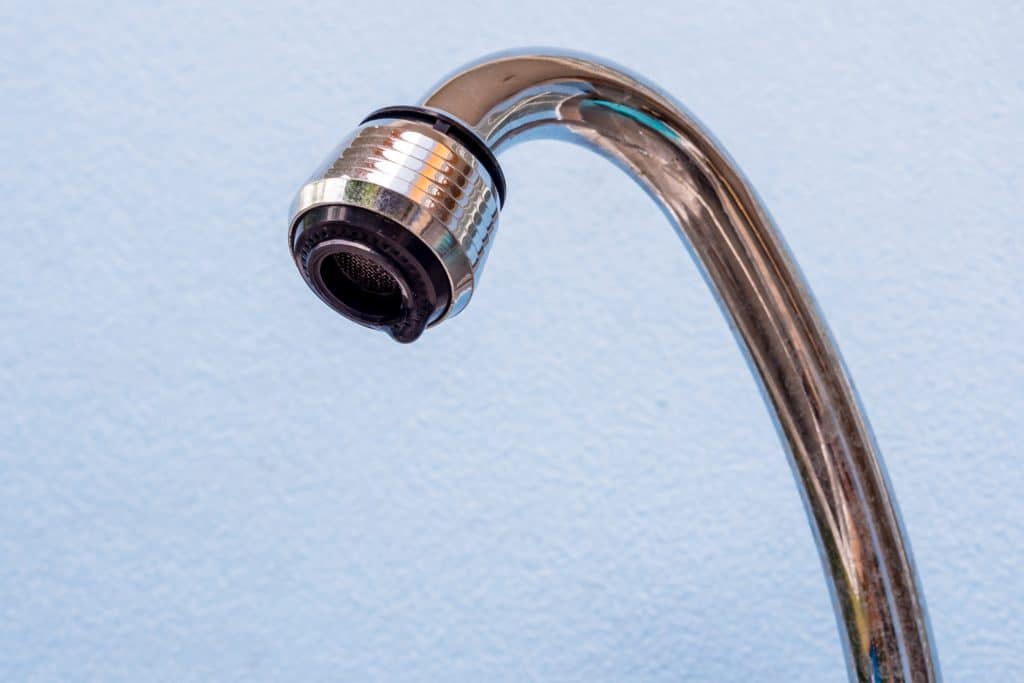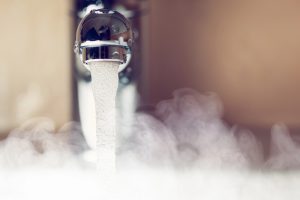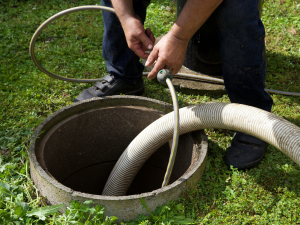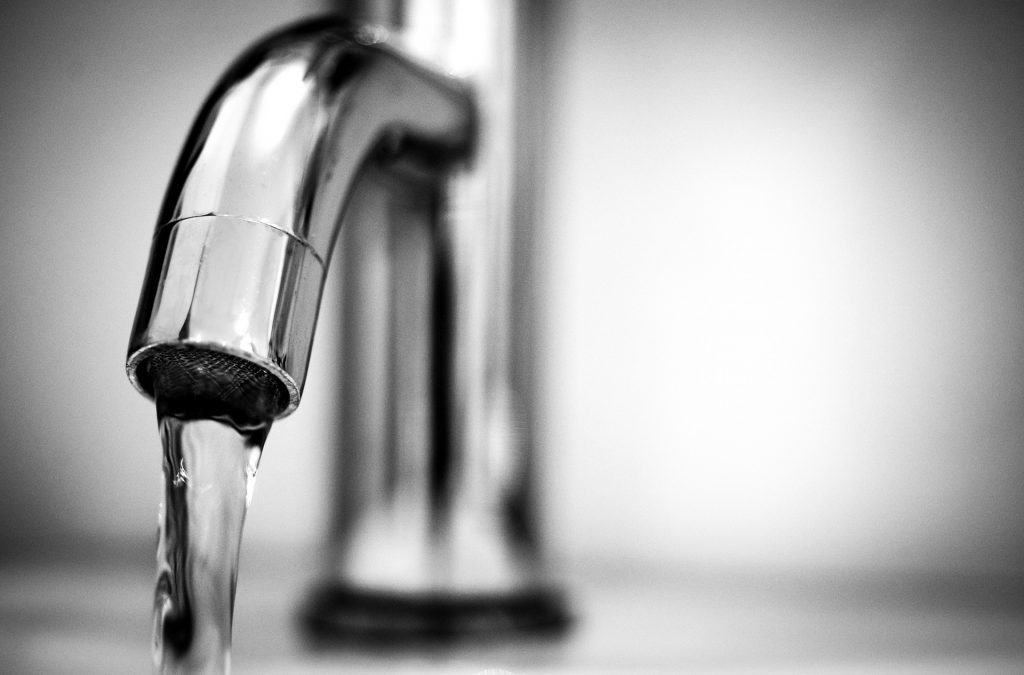| Key Takeaway: Water not coming out of a faucet often indicates issues within the plumbing system, such as blockages or leaks, or problems with the main water supply. Checking for blockages, ensuring the main water supply is stable, and inspecting the faucet components can help identify the root cause. If these steps do not resolve the issue, consulting a professional plumber may be necessary to address more complex problems. |
Troubleshooting Tips for When Your Faucet Runs Dry
Imagine turning on your faucet, expecting a steady stream of water, only to be met with an unexpected silence. This frustrating scenario of water not coming out of the faucet can disrupt your daily routine and leave you scrambling for answers. Whether you’re preparing a meal, washing your hands, or simply quenching your thirst, the absence of water can be a significant inconvenience.
Many homeowners face this issue at some point, and while it can be alarming, it’s often due to common and fixable problems. Understanding why there might be no water in the faucet can help you address the issue more effectively. In this article, we’ll explore potential reasons behind this problem and offer practical solutions to get your water flowing again. From plumbing system checks to evaluating your water supply, we’ll guide you through each step to help restore normalcy to your home.
By identifying the root cause of why the faucet stopped working, you can take informed actions to resolve the problem. Whether it’s a simple fix or requires professional intervention, knowing what to look for can save you time and stress. Let’s dive into understanding the common causes and practical solutions for when no water comes out of your faucet.
Identifying the Problem with Your Plumbing System
When faced with no water coming out of the faucet, one of the first areas to investigate is your plumbing system. Blockages or leaks within the system can significantly impact water flow. If you notice low water pressure or hear unusual noises like gurgling or banging, these could be signs of underlying plumbing issues.
Blockages often occur due to sediment buildup or foreign objects lodged in the pipes. Over time, minerals and debris can accumulate, obstructing the flow of water. Leaks, on the other hand, may result from worn-out seals or damaged pipes. Both scenarios can lead to a situation where there is no water in the faucet, disrupting your daily activities.
Regular plumbing maintenance can help prevent these issues from escalating. If you’re unsure whether your plumbing system needs attention, consider checking for signs that you need plumbing maintenance. Identifying potential problems early can save you from more significant headaches down the road. If you’re experiencing persistent issues, consulting a professional plumber for tailored advice ensures that you have all the information you need to make a decision that is right for your specific needs.
Checking the Water Supply
If your faucet suddenly stops working, it might not be a plumbing issue at all. Sometimes, the main water supply to your home may be interrupted due to maintenance work or local outages. Checking with neighbors can provide clues if they are experiencing similar issues, indicating a broader supply problem.
Municipal work or maintenance on water lines can temporarily cut off your water supply without prior notice. In such cases, contacting your local water utility company can provide information on any ongoing work in your area. Understanding where Arizona gets its water from can also offer insights into potential supply issues specific to your region.
Before jumping to conclusions about faulty plumbing, always verify if there is a disruption in the main water supply. This simple check can save you time and effort in troubleshooting non-existent plumbing problems. If the issue persists after confirming that there is no municipal work affecting your area, it may be time to explore other possible causes within your home.
Solving the Mystery: What to Do When No Water Comes Out of Your Faucet
|
Addressing Clogged Pipes
Clogged pipes can significantly impact water flow, leading to scenarios where there is no water in the faucet. Sediment buildup is a common culprit, as minerals and debris accumulate over time, narrowing the pipe’s diameter and obstructing water passage. This can cause the faucet to stop working entirely, leaving homeowners puzzled and inconvenienced.
To tackle this issue, consider using a plumbing enzyme cleaner. These cleaners use natural enzymes to break down organic material within pipes, effectively dissolving blockages. Regular use can help maintain clear pipes, ensuring smooth water flow and reducing the risk of clogs.
However, if the problem persists despite these efforts, it may indicate a more severe blockage or a different underlying issue. In such cases, consulting a professional plumber can provide the necessary expertise to diagnose and resolve the problem efficiently.
Evaluating Faucet Issues
When water not coming out of the faucet becomes an issue, the faucet itself might be the source of the problem. Common issues include faulty valves or clogged aerators, which can impede water flow. These components can wear out or become blocked with mineral deposits over time.
Basic troubleshooting steps can often resolve these issues. Start by unscrewing the aerator from the faucet and cleaning it thoroughly to remove any debris. If the problem persists, inspect the valve for signs of wear or damage. Replacing these small parts can often restore functionality without the need for extensive repairs.
Understanding how house plumbing systems work can also aid in identifying potential issues and implementing effective solutions. Regular maintenance of faucet components can prevent future disruptions and keep your water flowing smoothly.
Inspecting Home Appliances Linked to Water Supply
Home appliances like water heaters play a crucial role in maintaining consistent water flow throughout your home. If these appliances malfunction, it might result in no water in the faucet or reduced pressure. Regular inspections can help ensure they are operating correctly and efficiently.
Begin by checking your water heater for any signs of leaks or irregularities. Sediment buildup in the tank can also affect performance, so periodic flushing might be necessary to maintain optimal function. Additionally, ensure that all connections are secure and free from corrosion.
Routine maintenance of these appliances not only helps in preventing disruptions but also extends their lifespan. If issues persist despite regular checks, seeking professional assistance can provide tailored solutions to address specific appliance-related concerns.
When Professional Help Is Needed
While many plumbing issues can be resolved with basic troubleshooting, some situations require professional intervention. Complex plumbing systems and severe blockages often necessitate expert evaluation to ensure effective resolution.
Consulting a professional plumber becomes essential when DIY efforts fail to restore water flow or when you encounter persistent problems like recurring clogs or leaks. A professional can accurately diagnose the issue and implement appropriate solutions, saving you time and effort in the long run.
If you’re unsure where to find reliable assistance, consider reaching out to an expert through resources like Find an HVAC Contractor Phoenix. Professionals offer valuable insights and services tailored to your specific needs, ensuring your plumbing system functions smoothly and efficiently.
Faucet Water Flow FAQs
Why is no water coming from my faucet suddenly?
Could a leak under my sink cause water not to come out of the faucet?
Do I need special tools to unclog a pipe?
Will a burst pipe always stop water flow immediately?
Are plumbing issues seasonal?
Taking Control of Water Flow Issues
Experiencing a sudden lack of water from your faucet can disrupt daily activities, but understanding the potential causes and solutions can help restore normalcy. Addressing the issue begins with identifying the root cause, whether it’s a plumbing system blockage, a supply interruption, or a faucet-specific problem. Each step taken to diagnose the problem is an investment in maintaining the efficiency and functionality of your home’s water system.
Regular maintenance and awareness can prevent many common issues from escalating. For instance, inspecting your plumbing system for leaks or blockages can save you time and money in the long run. When sediment buildup occurs, using a plumbing enzyme cleaner may dissolve blockages effectively. Similarly, checking your water supply status with neighbors or local authorities can quickly identify if the issue is external. Understanding these steps not only solves immediate problems but also equips you to handle future disruptions more confidently.
When faced with complex problems, consulting a professional is often the best course of action. Professionals possess the expertise to address intricate issues that might not be apparent at first glance. They can provide tailored advice, ensuring you have all the information needed to make informed decisions about your home’s water system. This proactive approach not only resolves the current issue but also helps prevent future occurrences, safeguarding your home’s water supply.
Next Steps in Preparation
Being prepared for unexpected water flow issues can save you from significant inconvenience. Regular maintenance checks and proactive steps can keep your water system running smoothly. Understanding potential causes and solutions empowers you to tackle these challenges effectively. However, when issues persist or seem too complex, reaching out for professional help ensures that you make the best decision for your home.
For those who encounter persistent water issues or simply wish to prevent future problems, consulting a professional can provide peace of mind. Whether you’re dealing with a stubborn blockage or need expert advice, don’t hesitate to get emergency plumbing help. By staying informed and taking proactive measures, you can maintain a reliable water system and avoid unexpected surprises.














